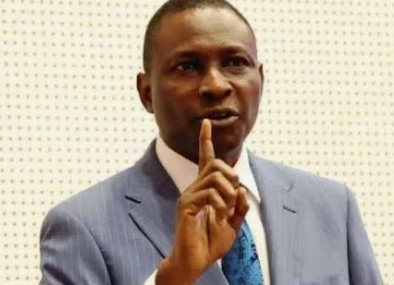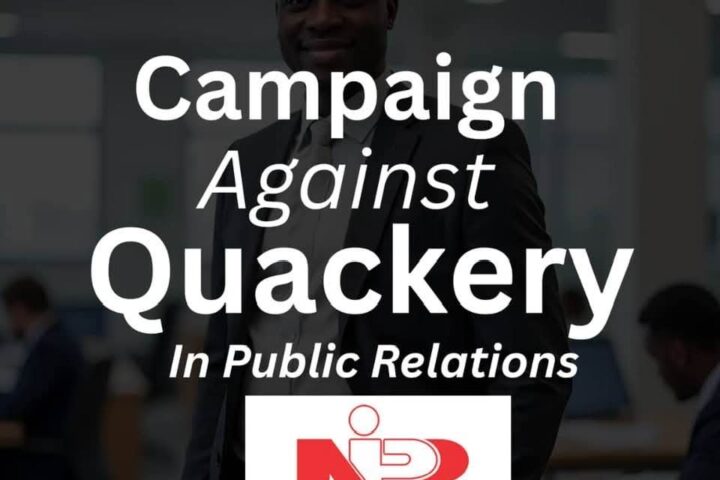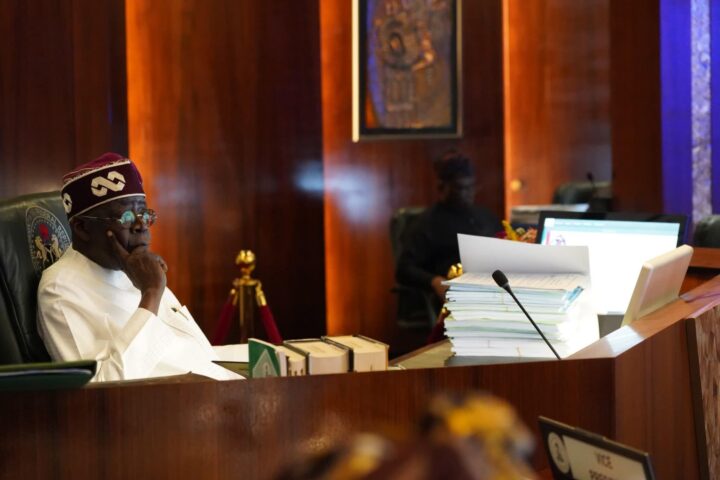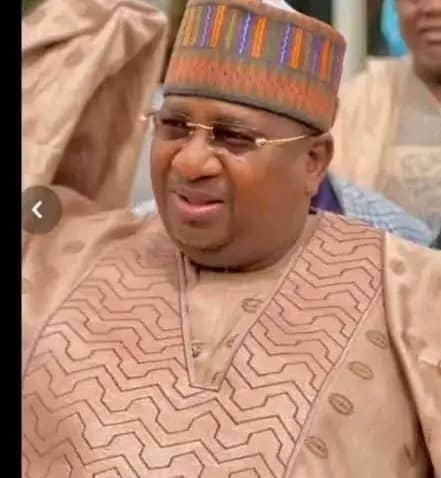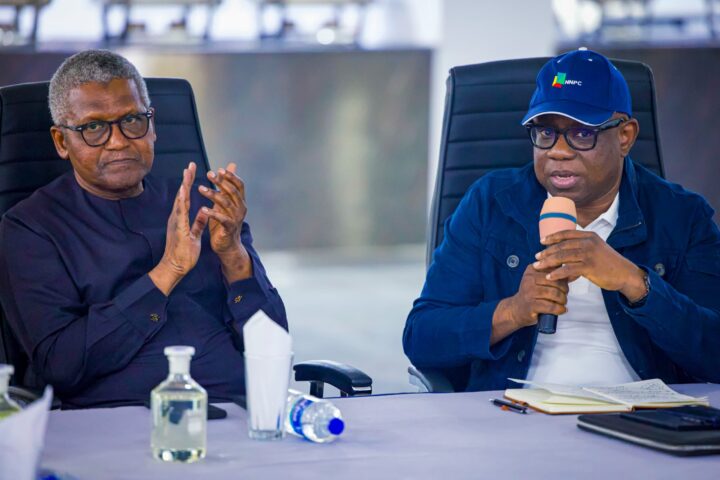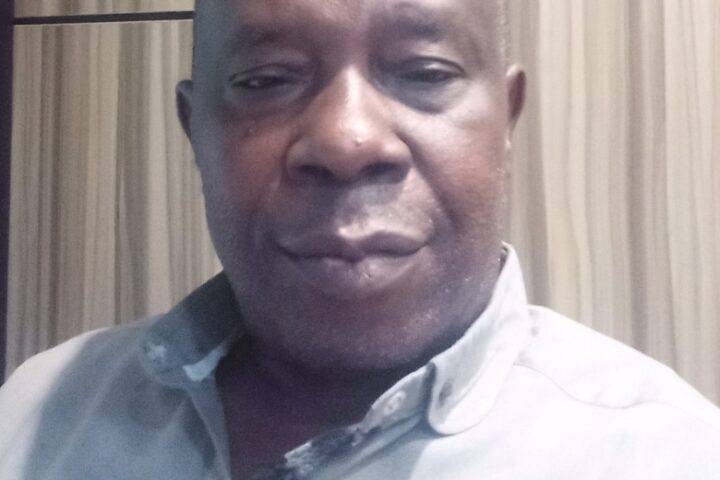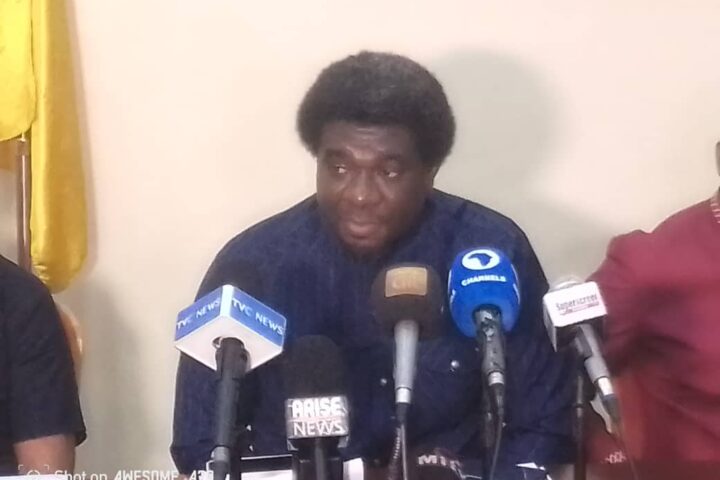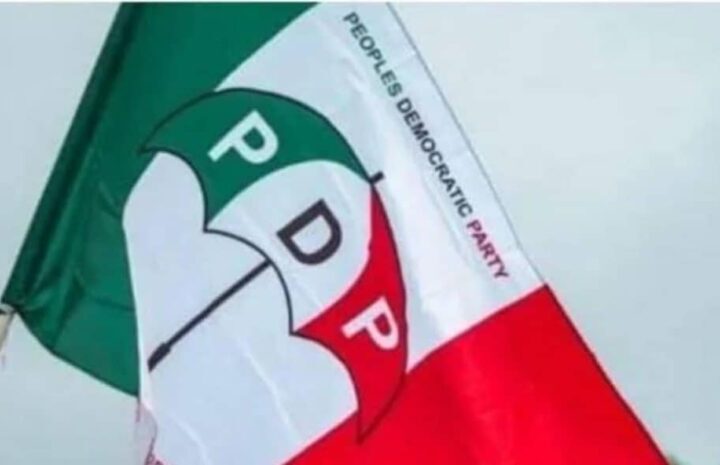The Chairman of the Economic and Financial Crimes Commission (EFCC), Mr. Ola Olukoyede,has criticized foreign governments for complicity in enabling corruption in Nigeria.
He spoke on Wednesday at the National Conference on Public Accounts and Fiscal Governance organized by the Senate and House Public Accounts Committees in Abuja, where he also lamented foreign nations chose to profit from corruption in Nigeria,instead of assisting in nipping the malaise in the bud.
He also admitted that even the most diligent anti-graft efforts cannot recover more than a fraction of the looted funds, on account of the reluctance of foreign custodians to return stolen assets.
“No matter how hard I work or how capable my team is, it’s nearly impossible to recover even half of Nigeria’s stolen wealth. These foreign nations don’t want to give up the loot. They profit from our loss,” he stated
According to him, under international norms, countries holding stolen funds are complicit.
“At the United Nations Forum last December, I told them: if you’re holding onto Nigeria’s stolen assets, you’re complicit — an accessory after the fact. They weren’t happy, but I stood my ground,” he said.
He also faulted the culture of impunity in Nigeria’s public space, where individuals facing corruption charges are still celebrated, and institutional compliance is often ignored.
“We’re in court with evidence. We’ve traced the funds. Yet, these individuals are being celebrated. What message are we sending?” he queried.
He disclosed that over 700 federal Ministries, Departments, and Agencies (MDAs) still operate without internal compliance mechanisms, and questioned the legislature’s capacity to oversee them effectively.
“How many files can you read? How many audits can you conduct? We need to build resilient internal systems that can detect and prevent fraud before it happens,” he said.
He decried the legal limitations that hinder the EFCC from holding corrupt public officials accountable.
He lamented the difficulties of prosecuting individuals with questionable wealth in the absence of a “predicate offence”, a clearly defined criminal act such as embezzlement or fraud.
“Please, I beg this Assembly, help us pass the Unexplained Wealth Bill. For over a year now I’ve been advocating for it. The last Assembly threw it out. How do we continue like this?
“Someone spends two decades in a ministry, yet owns multiple luxury properties in Maitama and Asokoro. When we ask questions, we’re told to first prove a predicate offence before acting. That’s unacceptable,” he lamented.
He explained that the proposed bill would make it a strict liability offence to possess assets that cannot be linked to lawful income sources.
“If your lifestyle far exceeds your legitimate earnings, you must be held accountable. Until that becomes the law, corruption will always find a loophole,” he said.
He disclosed that the EFCC is tracing Nigeria’s stolen wealth across various international jurisdictions, including surprising ones.
“Last month alone, I was in four or five different countries tracking illicit assets. An ambassador told me a Nigerian owns an entire estate in Iceland, Iceland of all places!” he said.
He reiterated that Nigeria’s economic future hinges on tackling corruption decisively. He cited his own analysis during Senate screening, which showed that 90% of public funds stolen in one year ended up abroad.
“That money could have built hospitals, funded schools, and created jobs. If we even manage to implement just 60% of our capital budget in 2025 and 2026, the impact on infrastructure and SMEs would be transformative,” he said.
He said that Nigeria should not be borrowing to fund its budget, considering the country’s abundant natural resources.
“What we need isn’t more loans, it’s transparency in revenue and accountability in spending,” he said.
He implored political leaders to shun partisan and ethnic sentiments with a view to tackling corruption in the country.


